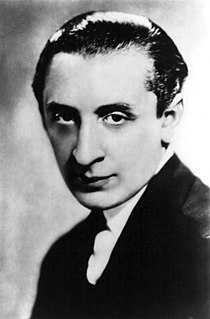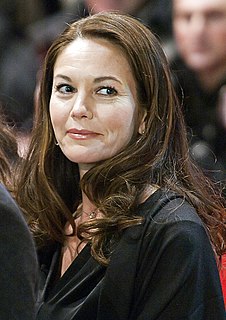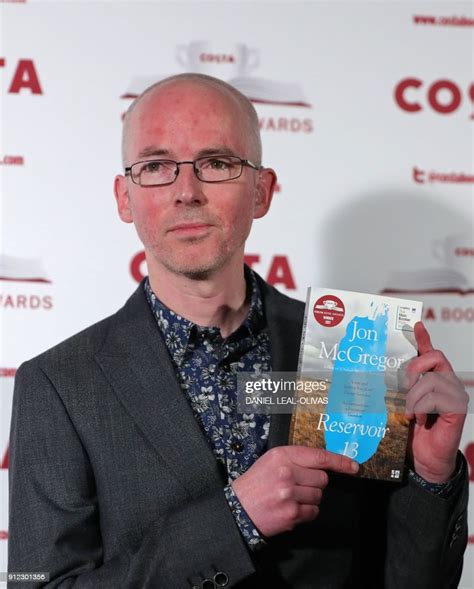A Quote by Charles D'Ambrosio
Too much me is annoying under any circumstance, but too much me in an essay, however personal, would mar the art. My "character" in the essay is more like a perspective, an angle of vision, a complicating factor, a questioning presence. I don't sit on the sidelines or pretend to objectivity; and I'm not afraid to stick my neck out or to be revealing and vulnerable.
Related Quotes
My presence isn't simply about "character" - I'm present in every part and particle of the thing, in the sound and rhythm of the sentences, in the shifting tones and the selection of details, in the comedy, the sadness, and the confusion. For the space of an essay, I'm the air you breathe, everywhere and nowhere. With a personal essay, I don't think you'd want it any other way. You ought to have the sense of an encounter, the impression of having met someone. In my essays, for better or worse, that someone is me.
I try to write things that can't be made into movies. My novels have thwarted many attempts to film them and I think that was true of the essay, too. If you'd actually tried to be true to the essay, it would have been, perhaps, boring. So taking that narrow little cast of characters and expanding it out, that was what was exciting about the project for me.
One word more. You look as if you thought it tainted you to be loved by me. You cannot avoid it. Nay, I, if I would, cannot cleanse you from it. But I would not, if I could. I have never loved any woman before: my life has been too busy, my thoughts too much absorbed with other things. Now I love, and will love. But do not be afraid of too much expression on my part.
For me, the intellect is always the guide but not the goal of the performance. Three things have to be coordinated, and not one must stick out. Not too much intellect because it can become scholastic. Not too much heart because it can become schmaltz. Not too much technique because you become a mechanic.
Back in the day, a lot of our instructors in nonfiction were actually fiction scholars. So they would bring in stories as models for the essay. And in some ways that's a good idea, because we can all learn from other genres. But I think it also made me realize that I literally didn't have an essay model, and that if I wanted one I would have to find it.





































